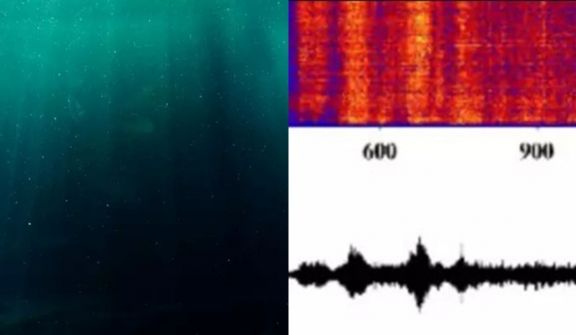
In a remarkable discovery, scientists have recently detected a mysterious ultra-low-frequency sound originating from the most remote location on Earth.
Recorded over two decades ago, this enigmatic sound has left experts puzzled and intrigued.

The sound was initially recorded over two decades ago in 1997, by underwater microphones owned by the National Oceanic and Atmospheric Administration (NOAA) at various listening stations located more than 5,000 kilometers apart.
It was an incredibly loud sound, the loudest ever recorded underwater, and it puzzled scientists as it had no immediate identifiable source.
After analyzing the data, researchers were able to triangulate the sound's origin to a remote point in the South Pacific Ocean near the southern tip of South America.
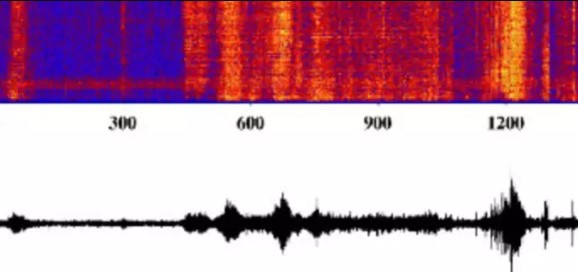
This discovery left scientists baffled about what could have produced such a powerful and enigmatic sound.
Dr. Christopher Fox, leading a team of NOAA oceanographers, immediately initiated an investigation to determine the source of the sound, which came to be known as "the Bloop."
They explored various possibilities, including checking with US Navy intelligence to rule out the involvement of submarines or explosive devices.
When those possibilities were eliminated, Dr. Fox speculated that the sound could be linked to natural phenomena.
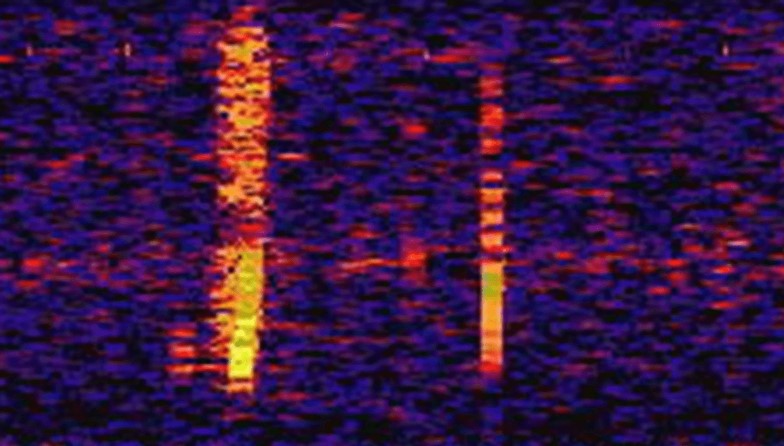
During their investigation, the team developed a particular interest in blue whales, the largest animals on Earth, believing that their migratory patterns along the Pacific Coast might hold some clues.
They even believed that the sound was made by monster lurking in the depths.
However, as the sound was heard again, the researchers shifted their focus towards the possibility of ice-related events.
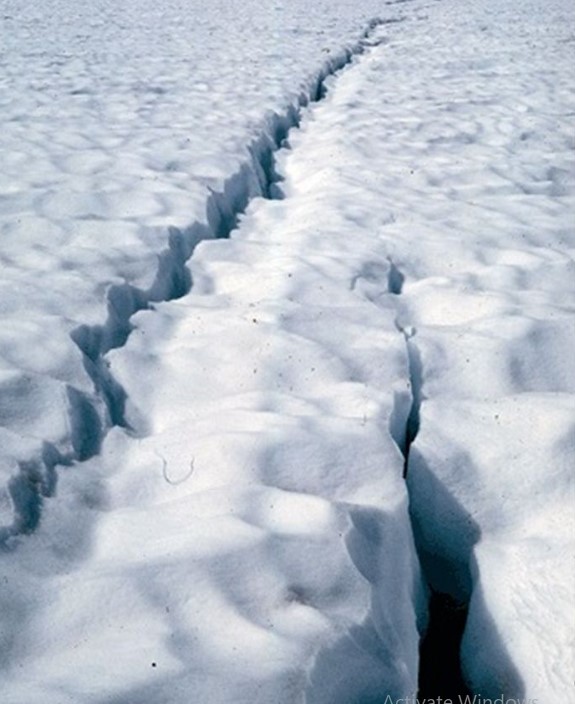
Based on Dr. Fox's guess, seismologist Robert Dziak from NOAA and Oregon State University put forward the idea that the sound might be caused by icequakes.
Icequakes occur when ice moves and breaks apart, similar to earthquakes.
Comparisons between the recorded sound and icequake signals recorded off Antarctica showed striking similarities, further supporting this hypothesis.
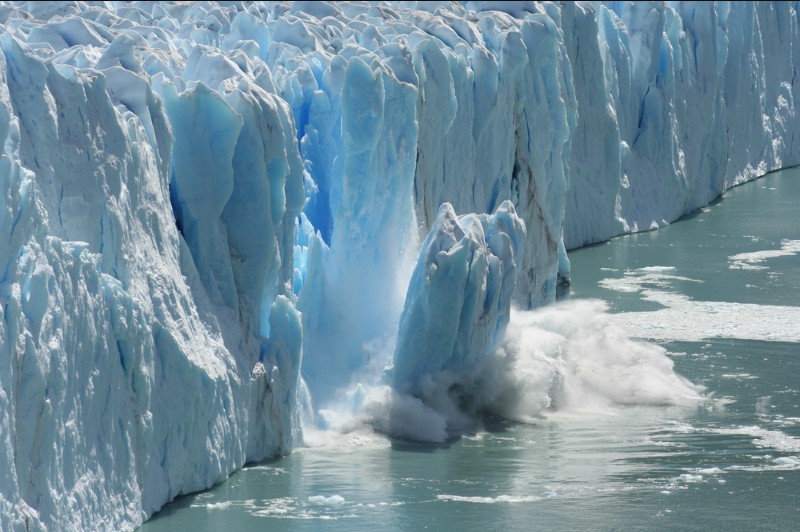
Further research and surveys conducted in the Bransfield Strait and Drake Passage between 2005 and 2010 confirmed that the sounds of ice breaking up and cracking were dominant sources of natural sound in the southern ocean.
It was then concluded that the Bloop was, in fact, the result of an icequake—an iceberg cracking and breaking away from an Antarctic glacier.




